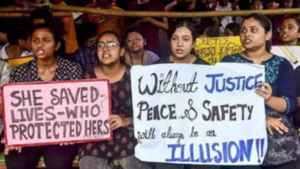
Junior doctors in West Bengal have announced their decision to prolong their strike in protest of the rape and murder of a trainee doctor from RG Kar Medical College and Hospital, defying a Supreme Court directive to resume work by 5 p.m. on September 1. The ongoing work stoppage highlights the escalating tension between healthcare professionals and authorities over safety and justice concerns.
The tragic death of the 25-year-old medical intern has ignited widespread outrage among medical staff and the public. The intern, who had been studying at RG Kar Medical College and Hospital, was brutally assaulted and killed, sparking an intense and ongoing protest movement. The junior doctors’ strike, which began shortly after the news broke, has drawn attention to broader issues of security and justice within the medical community.
The Supreme Court intervened with a clear mandate for the doctors to return to their duties, citing the critical impact of the strike on patient care. The court’s decision aimed to balance the urgent need for medical services against the protesters’ demand for accountability and justice. However, despite the court’s order, the striking doctors have maintained their stance, arguing that their continued absence from work is a necessary measure to push for a thorough investigation and improved safety measures.
This situation has led to significant disruption in medical services across West Bengal, with many hospitals struggling to manage patient care amid the ongoing strike. The strike has also fueled public discourse on the adequacy of safety measures for healthcare workers and the responsiveness of the justice system to violent crimes against them.
The state government has faced criticism for its handling of the situation, with many accusing it of failing to protect healthcare professionals and ensure their safety. Authorities have been urged to take decisive action to address the doctors’ concerns and provide assurances regarding their safety and the swift prosecution of those responsible for the crime.
Efforts to mediate the dispute between the protesting doctors and the government have been met with limited success. While some progress has been made in addressing specific demands, such as improved security protocols and support for the victim’s family, the core issues driving the strike remain unresolved.
The doctors’ protest is not only a call for justice for their colleague but also a broader demand for systemic changes to enhance safety and security within the medical profession. This incident has underscored the vulnerability of healthcare workers in environments that are often perceived as safe havens for both patients and medical staff.
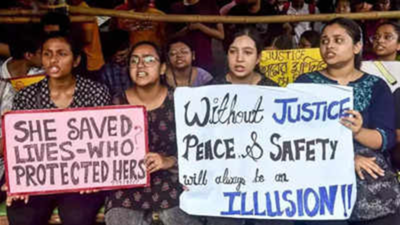
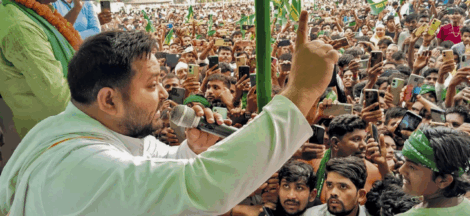
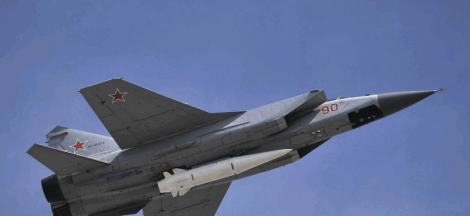
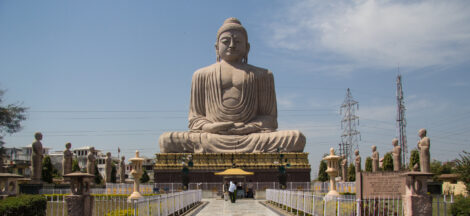
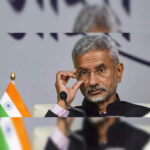 What Is Dr. Jaishankar Up To? Does He Want A Globally Isolated India?
What Is Dr. Jaishankar Up To? Does He Want A Globally Isolated India? 